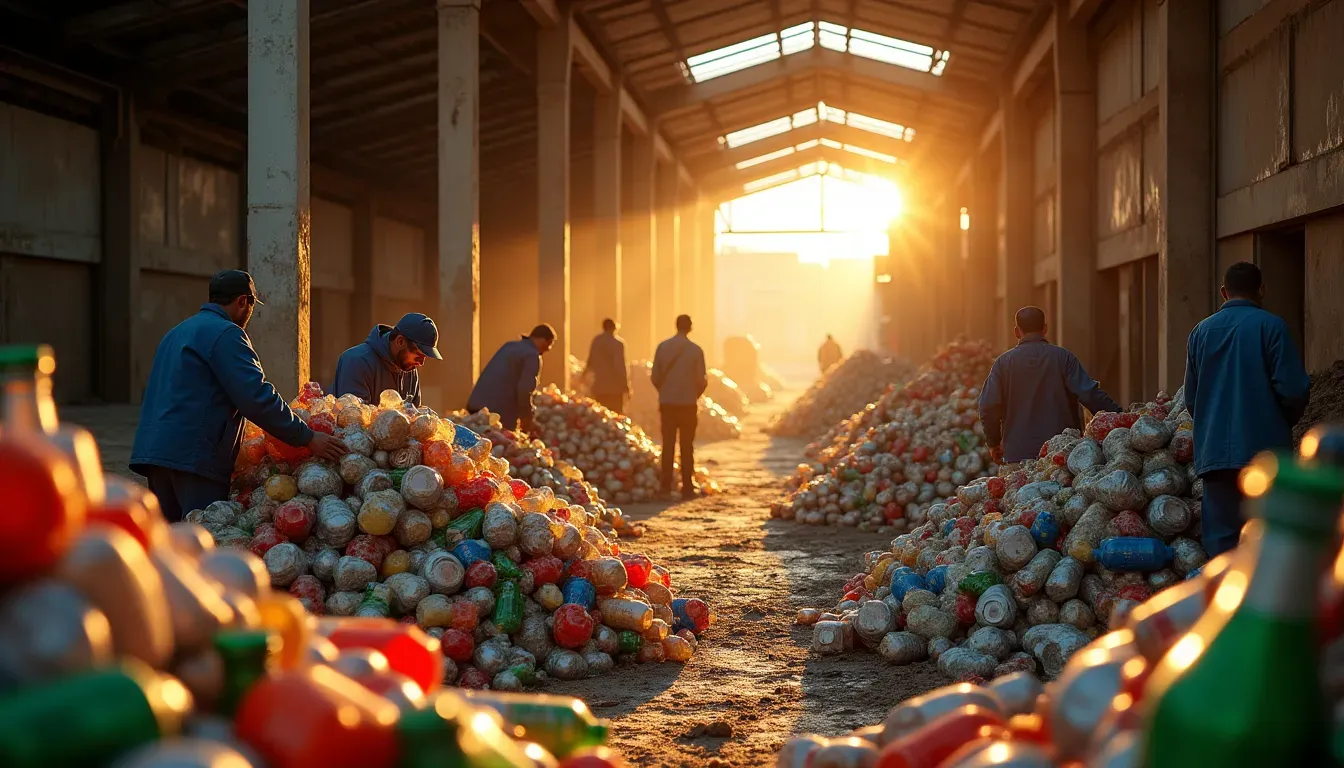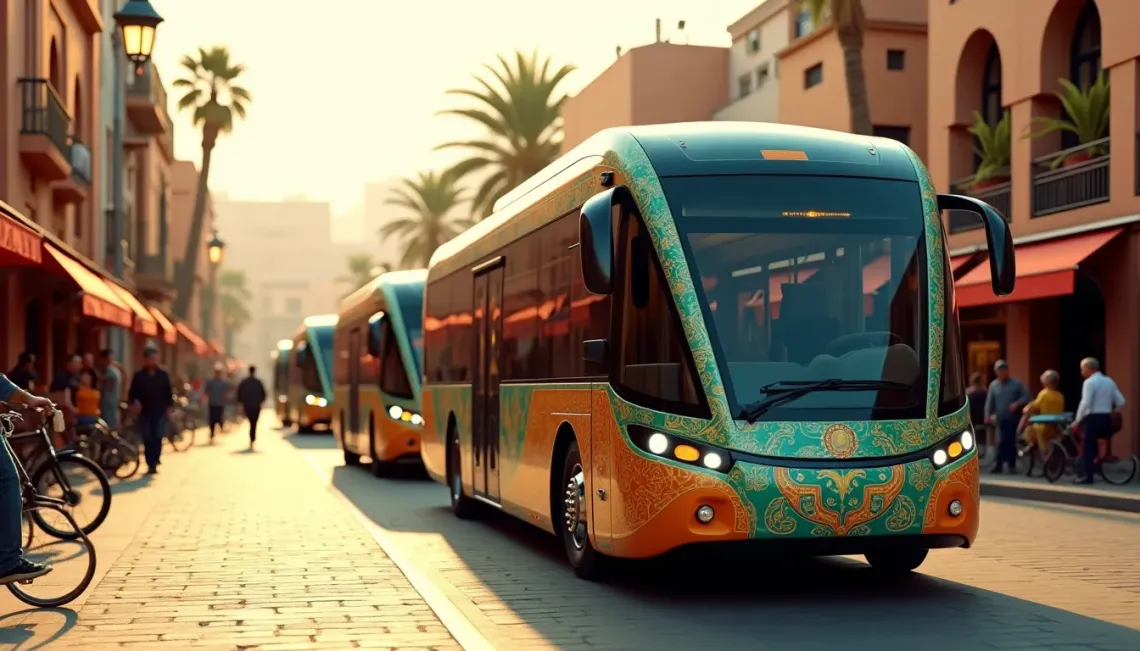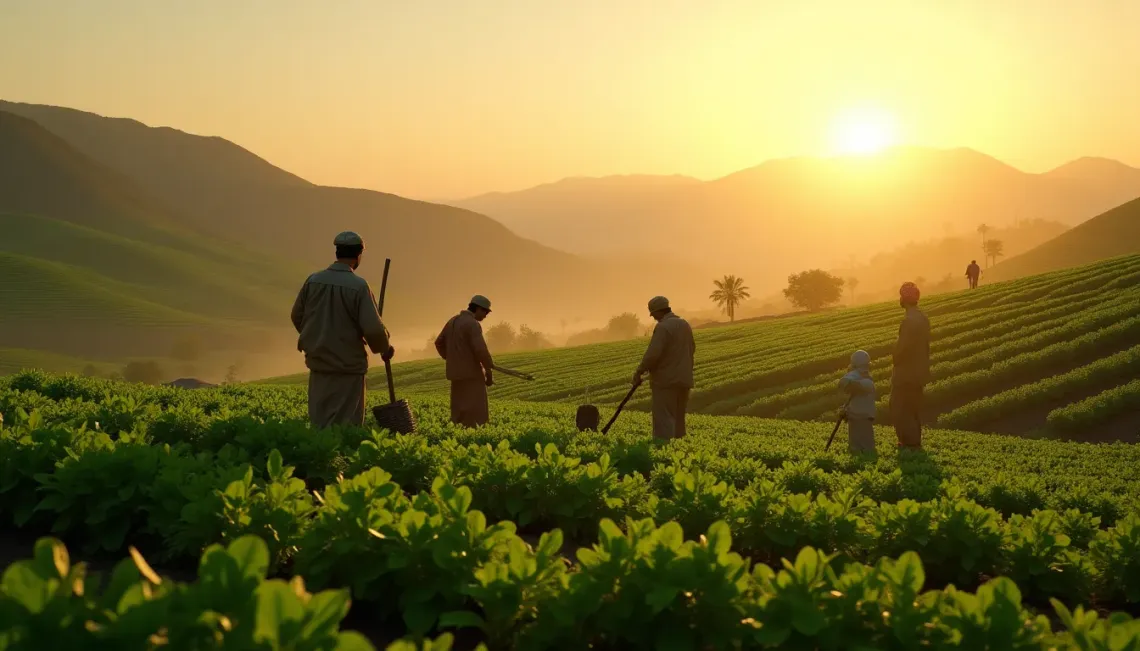Recycling in Morocco has become a pivotal strategy in addressing environmental challenges while simultaneously delivering remarkable community benefits. The transformation of trash into treasure is not only a sustainable practice but a vital component of Morocco's waste management policies aimed at fostering economic growth and ecological balance.
Rising Importance of Recycling in Morocco
In recent years, Morocco has witnessed an increasing emphasis on sustainability, with recycling playing a crucial role. The kingdom's growing urbanization and industrial activities have led to significant waste generation, necessitating effective waste management solutions. Recycling initiatives, therefore, address both ecological preservation and social welfare, serving the broader objective of turning trash into treasure.
Turning Trash into Treasure: A Sustainable Approach
Recycling efforts in Morocco encompass various materials, including plastics, paper, metals, and organic waste. These initiatives not only reduce landfill use but also contribute to energy conservation and emission reductions. For instance, recycling aluminum saves substantial energy compared to producing new aluminum from raw bauxite.
- Plastics: Programs focused on collecting and reprocessing plastic waste have gained momentum.
- Organic Waste: Composting organic waste provides soil conditioners, enhancing agricultural productivity.
- Paper: Recycling paper reduces deforestation and water usage, ensuring a more sustainable future.
Community Benefit: Economic and Social Impacts
Recycling in Morocco brings tangible benefits to communities. By creating job opportunities in collection, sorting, and processing industries, it contributes significantly to the local economy. Moreover, recycling cooperatives empower marginalized groups, fostering social inclusion and cooperation.
These community-driven efforts also promote environmental awareness. Educational campaigns enlighten citizens about the importance of sustainable practices and their direct impact on improving community life.
Challenges and Opportunities in Waste Management
While Morocco's strides in recycling are commendable, challenges persist. Inadequate infrastructure and public participation are significant barriers. However, opportunities for improvement exist:
- Infrastructure Development: Investing in recycling facilities and services can enhance efficiency.
- Public Awareness: Continuous education and awareness campaigns can increase community involvement.
- Policy Support: Government incentives can encourage businesses and individuals to adopt sustainable practices.
Integrating Technology in Sustainable Practices
Technological advancements play a critical role in enhancing recycling operations. Utilizing modern sorting technologies and digital platforms can streamline waste collection and processing, leading to more efficient resource recovery. This integration of technology underscores the transformative potential of recycling in Morocco.
In conclusion, the concept of turning trash into treasure through recycling in Morocco underscores a commitment to sustainable development. It offers significant community benefits, from economic empowerment to environmental conservation. By prioritizing waste management and sustainable practices, Morocco is paving the way for a greener, more inclusive future. The journey is ongoing, with continued efforts needed to overcome challenges and seize opportunities for lasting impact.




